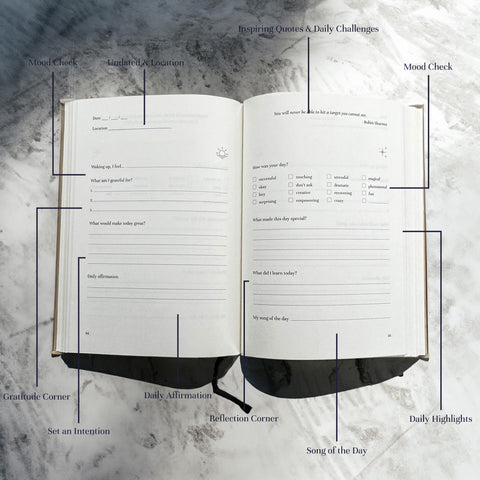Keeping Stress At Bay – How To Notice And Respond To Stress
Stress is a natural human response that prompts us to address challenges and threats in our lives. Everyone experiences stress and a little bit of stress is actually good and can help us perform daily activities better. Too much stress or chronic stress on the contrary, can cause physical and mental health problems. In this article, we try to understand what stress is and how you can train your stress response, in order to better manage it and support your well-being.
What happens when we are stressed?
When we are stressed, our adrenal glands release Adrenaline and Cortisol. This has helped us over the course of time to get our body ready to fight or flee danger, the famous “fight or flight” response. Your heart beats faster, you breathe faster, feel very alert, your tissue repair signals are boosted and your digestion slows down, so that other muscles can use the blood.
In the short term, this is called acute stress. It might be uncomfortable at the time, but it can actually help us finish assignments on time, have laser focus or perform at a higher physical level. After this single event, our parasympathetic nervous system usually steps in and turns off the production of cortisol. When stress sticks around, however, our body always thinks there is danger and we talk about chronic stress which directly impacts our physical and mental well-being.
Symptoms of stress
When we frequently experience stress, our body releases cortisol. If cortisol sticks around for too long, it can disrupt our brain function, shrink the brain, contribute to emotional disorders, and impair long-term learning. The WHO collected a non-exhaustive list of chronic stress symptoms
Physical symptoms of stress
- Headaches
- Loss of appetite vs. overeating and intense cravings
- Back, neck or shoulder pain
- Lump in the throat
- Tight muscles
- Upset stomach/ bowel problems
- Skin rashes
- Infections or illnesses
Mental symptoms of stress
- Lack of focus
- Getting angry easily
- Unable to remain still
- Problems falling asleep and prolonged feeling of tiredness
- Feeling sad or guilty
- Withdrawing or staying away from people we love
- Overthinking bad things from the past and worrying for the future
How to Manage Stress in the Modern World
To manage stress, we need to train our parasympathetic nervous system, meaning our stress response. There are a range of proven exercises and practices that can help you do that:
1. Keep a daily routine
Having a daily schedule can help us use our time efficiently and feel more in control preventing stress to arise in the first place. Set goals for your day, set aside time for cooking, spending time with your family, exercise, daily chores or recreational activities, so they don’t feel overwhelming.
2. Work with your breath
By intentionally extending the exhale, we activate the parasympathetic nervous system, which promotes relaxation and counters the fight-or-flight response associated with stress. The longer exhale also allows for more complete release of stagnant air and carbon dioxide from the lungs, making room for fresh oxygen to nourish the body. This oxygenates the cells and can help clear the mind, promoting a sense of clarity and calmness.
We have prepared a list of other breathing exercises you can perform to manage stress.
3. Expose yourself to extreme heat or cold
When exposed to extreme cold or heat, your body interprets this as danger and activates your stressors. Ice baths or hot saunas are a great controlled environment in which you can train your stress response. Make your exhales longer than your inhales and try to stop the exposure consciously after a prolonged period of time. If you don’t have access to ice baths, try to finish your showers off with ice cold waters for at least 30 seconds. You can stay much longer than you want to admit it to yourself!
4. Grounding: reconnect with the world around you
In stressful situations, difficult thoughts and feelings hook us, and we are pulled away from our values resulting in us doing things that make our live actually worse. You can practice to unhook by refocusing and engaging with what you are doing with the following exercise
- Notice stress, how you are feeling and what you are thinking
- Slowly breathe out, stretch and push your feet into the floor (best barefoot on actual ground)
- Refocus on the world around you.
- What are 5 things you can see?
- What 3 things you can hear?
- What can you smell?
- Anything you can touch or feel?
- Think about where you are and what you are actually doing.
Spend at least a full minute on refocusing.
5. Eat mindfully and healthy
Diets high in saturated fats and added sugars have proven to result in higher levels of anxiety and stress. Eating a balanced diet and spending focused time on preparing and enjoying food is a great way to manage stress and feeds into the previous point around grounding.






